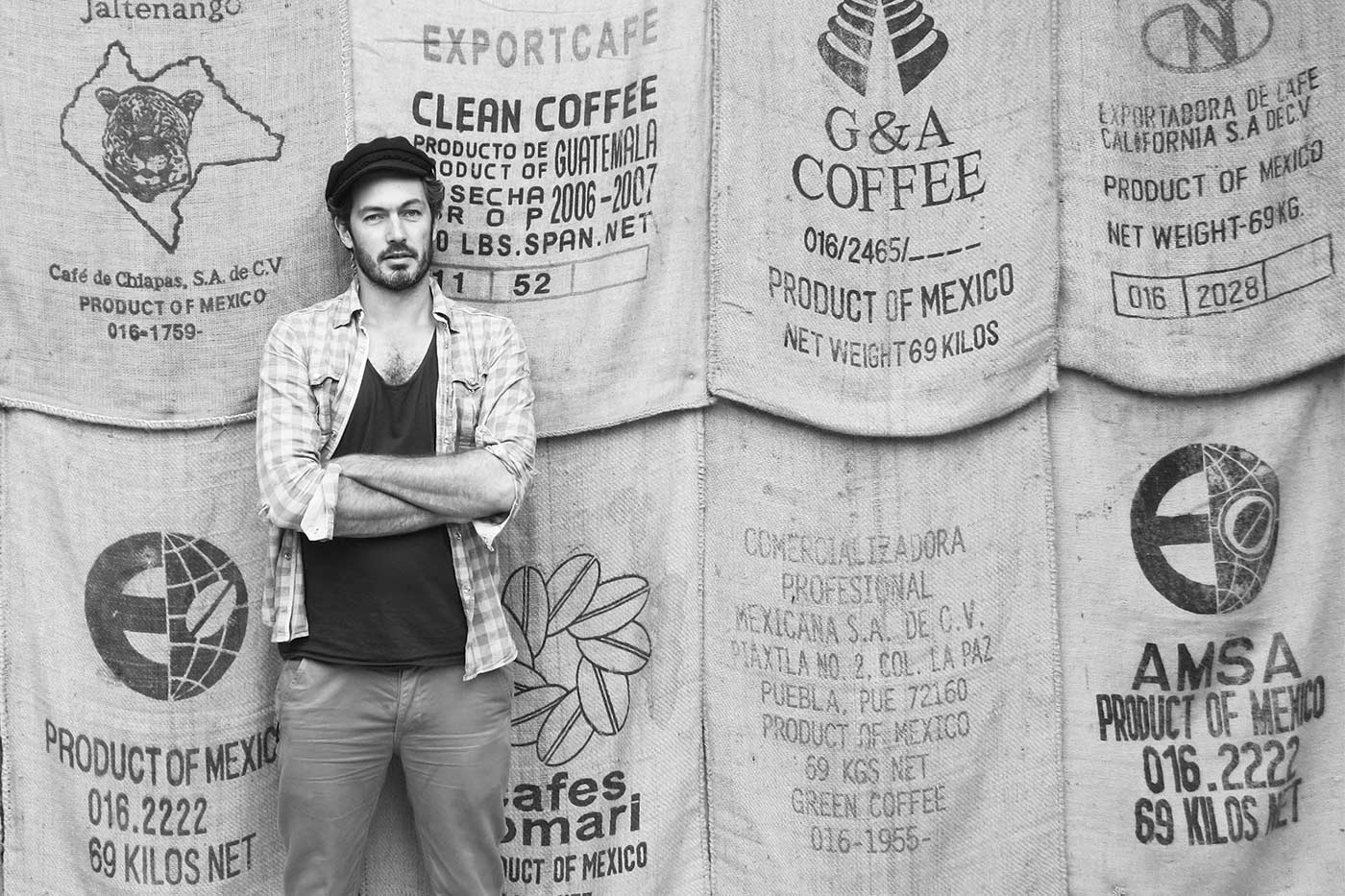The UK speciality coffee scene ground to a halt when lockdown was implemented in March. Holly Kragiopoulos, co-founder of North Star Coffee Roasters in Leeds, tells us about the impact it’s had on her business, and the ripple effect on coffee farmers around the world
At first, we were quite ignorant about how massive the pandemic was going to be and had no idea of the shock to the industry that was coming our way.
In the week leading up to lockdown our wholesale orders started to tail off and then, overnight, the entire industry shut its doors. Only two of our wholesale customers have stayed open throughout the whole of lockdown. For a couple of weeks we were in disbelief. Before the government announced the furlough scheme we spent a lot of restless nights worrying about whether we’d come out the other side. Even though our online shop was busier than ever, we took the decision to close for a few weeks so we could get our heads around the guidelines and make sure our team were safe.
It’s been a hugely eye-opening time for me – it’s made me really appreciate the importance of our relationships with people throughout the coffee industry.
Despite there being easier ways to buy coffee beans for our roastery, we took the decision a while ago to form direct relationships and source them ourselves. Not long after lockdown was implemented, our producing partners started reaching out to us as they were concerned about the impact on their businesses and their families. This situation has really given the team at North Star a world view on the effects of this pandemic. While it’s been a catastrophic blow to the industry in the UK, in a lot of coffee-producing countries there has been no government support to help cover the costs associated with PPE, social distancing or curfews.
Mutai, one of the producing partners we met and worked with in Kenya, told us that he was looking at 30-40 per cent waste on the harvest because social distancing rules mean he and his team just can’t harvest the coffee cherries fast enough. The 6pm curfew is also a killer for the industry as cherries are normally harvested in the day and processed into the night. It’s catastrophic for these farmers who need their earnings to put food on the table, send their children to school and pay for healthcare.
If we want to keep roasting and drinking amazing coffee, we’ve all got to do our bit and look after the farmers.
We launched a GoFundMe page to help our producers through the crisis by providing money for PPE and to help them avoid spiralling debts. We were taken aback by the fact that a lot of the donations came from our wholesale customers who are in awful situations themselves. It’s been amazing to discover how strong the relationships with both our producing and wholesale partners are. With GoFundMe you can withdraw the money as you go so, within a week, we were able to get money to our partners who distributed funds to the farmers who needed it most. While it may feel like we’re coming out of this, I don’t think we’ll see the true impact on the rest of the speciality industry until later in the year.
If coffee drinkers want to help, I’d recommend asking questions about their coffee from whoever supplies it.
I’m not saying that speciality coffee is the saviour of the industry, but the fact is that we were able to put this support in place at North Star because we know who we buy our coffee from. I haven’t seen any large-scale support from the huge businesses that dominate our industry. Community is so important and understanding that the decisions you make on a daily basis – something as simple as choosing where to buy your morning coffee – has a powerful impact on both your local community and people on the other side of the world.
You can support North Star’s GoFundMe campaign here.
Interview originally published in the Brew.


